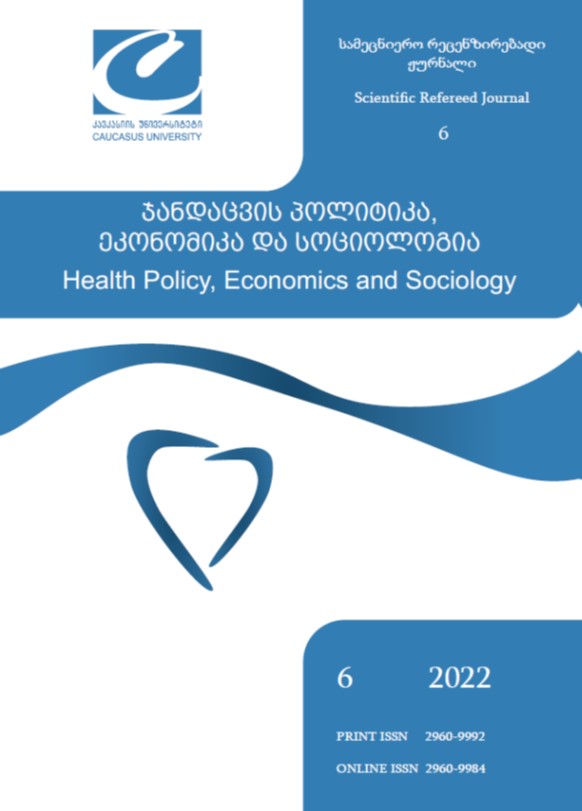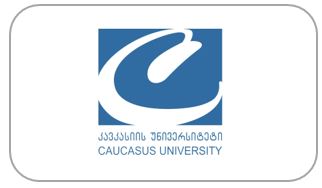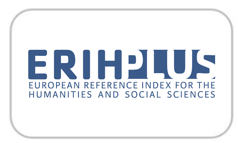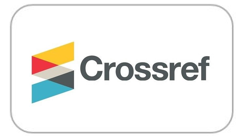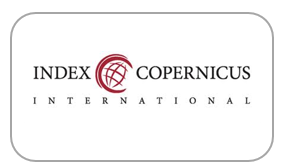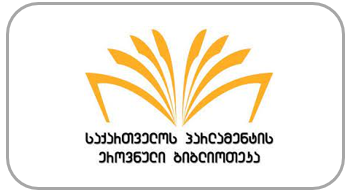ჩაგრულთა გაკვეთილები
საკვანძო სიტყვები:
თეატრალური დებატები, ჩაგრულთა თეატრი, ბულინგი, ძალადობაანოტაცია
შესავალი. ჩაგრულთა თეატრალური გაკვეთილები ე.წ. „ჩაგრულთა თეატრი“ არის არატრადიციული თეატრია, რომელიც გამოიყენება ადამიანებს შორის დიალოგის დაწყების და კონფლიქტური სიტუაციების დებატებით გადაჭრის ხელშესაწყობად. სპექტაკლის მიმდინარეობის დროს ნებისმიერ „მაყურებელ–თანამონაწილეს“ შეუძლია თეატრალურ დადგმაში ჩაერიოს და სცენარში
განვითარებულ მოვლენებზე საკუთარი პოზიცია გამოთქვას. მეთოდოლოგია. კვლევა ჩატარდა საფრანგეთში. გამოყენებულ იქნა რაოდენობრივი და თვისობრივი კვლევის მეთოდები. კვლევისათვის შერჩეულ იქნა საფრანგეთის სამი სკოლა: კველევის ფარგლებში გამოკითხულ იქნა ორი თეატრალური კომპანიის 30 მსახიობი და სამი რეჟისორი. განხორციელდა 340 მოზარდის ქცევაზე დაკვირვება.
შედეგები. კვლევამ აჩვენა, რომ სპექტაკლს, წარმოდგენას განსაკუთრებული ზემოქმედების მოხდენა შეუძლია ადამიანებზე. თეატრალურ დებატებში ისინი პოულობენ გზას, როგორ მოიქცნენ რეალურ ცხოვრებაში მსგავსი პრობლემების მოგვარების დროს. ასეთი თეატრალური დებატები სიტუაციის გაანალიზებას და ტრანსფორმირებას ხელს უწყობს. დასკვნა, რეკომენდაციები. მიზანშეწონილია საქართველოს სკოლებში დისკრიმინაციული სიტუაციების აღმოფხვრის მიზნით ე.წ. თეატრალური ჩაგრულთა გაკვეთილების დანერგვა, ვინაიდან სახეზე გვაქვს კონფლიქტის უამრავი ფორმა, ფიზიკური თუ სიტყვიერი. ჩაგრულთა გაკვეთილების დროს ყველაზე მთავარი შიშის დაძლევაა. თეატრალური დებატები დაეხმარება და გაამხნევებს ქართველ მოზარდებს სიტუაციის გაანალიზებასა და გარდაქმნაში.
ჩამოტვირთვები
გამოქვეყნებული
როგორ უნდა ციტირება
გამოცემა
სექცია
ლიცენზია

ეს ნამუშევარი ლიცენზირებულია Creative Commons Attribution-ShareAlike 4.0 საერთაშორისო ლიცენზიით .
